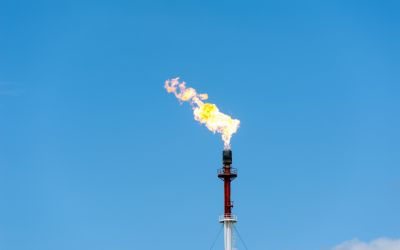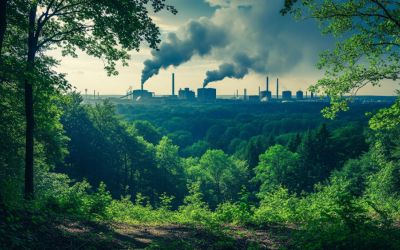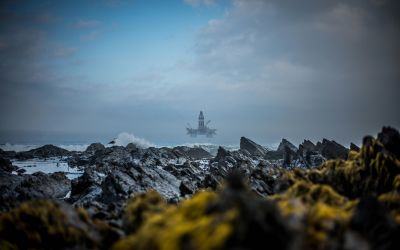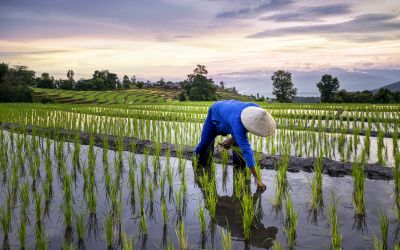COP 20 President highlights water, energy and food security in Amazon region
Peru's Minister of Environment and current UNFCCC COP 20 President addresses Amazonia Security Agenda report and climate change in the Amazon region
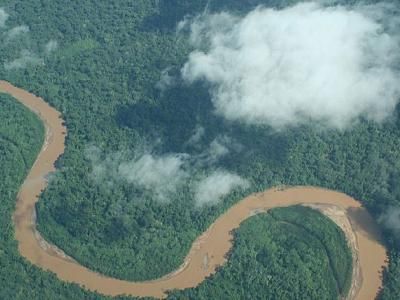
The Minister of Environment for Peru and current UNFCCC COP 20 President, Manuel Pulgar-Vidal, has highlighted the importance of the recent Amazonia Security Agenda report that addresses water, energy and food security in the Amazon region as well as health and climate change.
Minister Pulgar – Vidal, Minister of Environment for Peru said: “The concept of security is fundamental for improving decision-makers awareness of the implications of the threats to the provision of services, resources and ecosystem services.”
The report, prepared by the Global Canopy Programme (GCP) and the International Center for Tropical Agriculture (CIAT),involved scientists and political leaders from Bolivia, Brazil, Colombia, Ecuador and Peru. It lays out initial recommendations as building blocks for dialogue and action in each of these countries, in combination with intergovernmental collaboration to deploy coordinated responses to those shared threats.
According to Minister Pulgar–Vidal, “We are still not completely aware of how the Amazonia ecosystem supports water, energy, food and health security.” This is the reason why Minister Pulgar – Vidal considers the Amazonia Security Agenda report as “fundamental for decision makers in order for them to take action and make policies that aim to preserve the sustainable use of these resources and services.”
The report highlights how water, energy, food and health securities are all interdependent, but that water security fundamentally underpins all other securities. Growing threats to water vulnerability provides a critical nexus for decision-makers - providing new opportunities for impact.
The Amazonian Security Agenda report was funded and supported by the Climate and Development Knowledge Network (CDKN) and the Fundacion Futuro Latinoamericano (FFLA).

